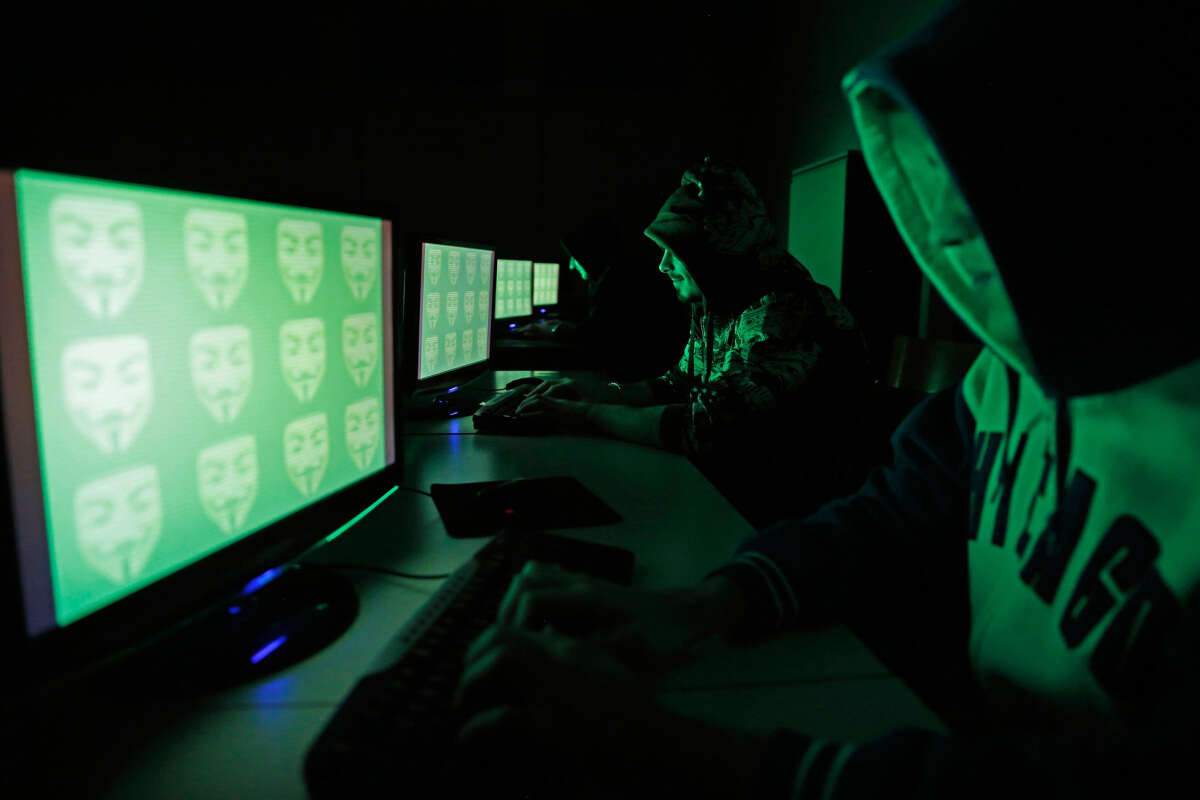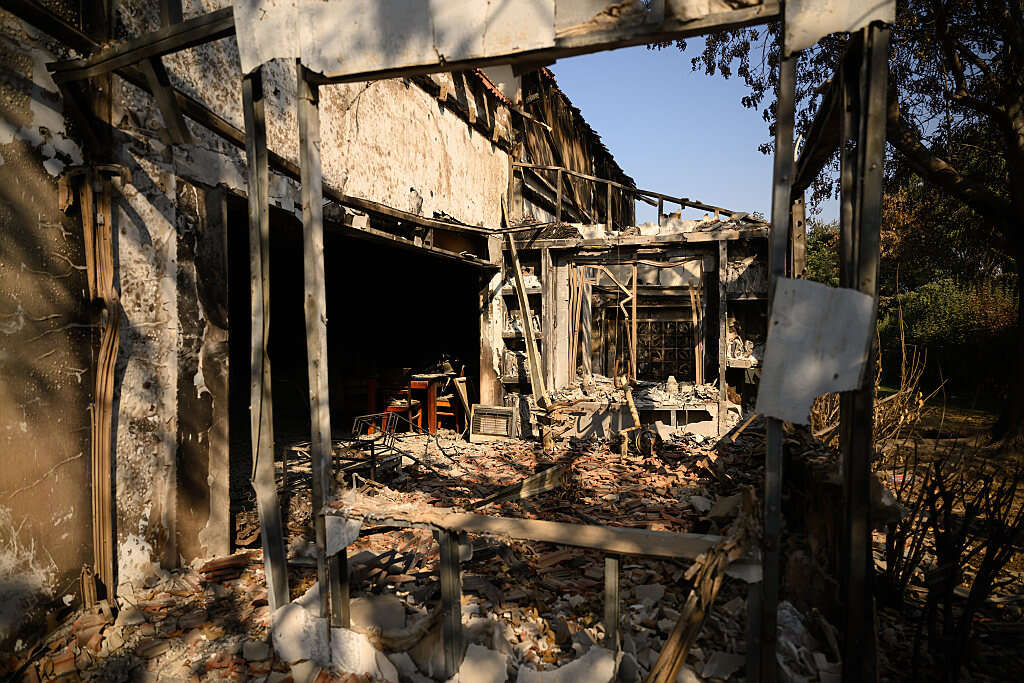In a move raising security concerns among defense industry veterans, the Israel Defense Forces is establishing a state-of-the-art supercomputer for artificial intelligence applications, with Hewlett Packard Enterprise selecting a private company over the government-owned Rafael to operate the strategic facility housing the system.
Global computing giant Hewlett Packard Enterprise , which has previously secured several major IDF contracts, had won the supercomputer construction tender worth tens of millions of shekels putting it in charge of building the supercomputer that will deliver advanced capabilities and is considered of strategic national importance. However, Israeli defense industry sources have raised concerns over Hewlett Packard Enterprise's selection of a private company as the subcontractor to establish and operate the facility housing the supercomputer. This decision comes despite the fact that Rafael, the government-owned defense company, also competed for the project which demands exceptionally high security protocols.
"There are areas you don't privatize to a private company when you have a government alternative, especially not after October 7," one source said. "A private company doesn't maintain the security capabilities of a defense company like Rafael, and choosing one neutralizes all the advantages a government company has in information security. But more seriously – private companies always aspire to be acquired or go public, they're looking for an tech-exit acquisition by someone else. If that private company that won the project is sold in the future to a foreign entity, there is a real risk that Israel's most classified secrets will leak into foreign hands."
Over the past five years, Israel has invested substantial resources and budgets in establishing supercomputers that will serve as national infrastructure for artificial intelligence research and development, available to the defense establishment, academia and Israeli high-tech companies. These computers are constructed with tens of thousands of processors operating in parallel, providing massive computing capabilities essential for analyzing enormous amounts of data and training artificial intelligence models.
Within this framework, two defense projects were launched about three years ago, each costing tens of millions of shekels, to establish computers for the defense establishment. These computers are designed to help collect and analyze vast amounts of data and generate insights using artificial intelligence.
"Hewlett Packard Enterprise is among the few in the world that can provide data processing and storage capabilities on such an insane scale," a source familiar with the tender details explained. "Software developers build the programs that will run on the supercomputer, but for these programs to operate they need a lot of hardware. A company like Hewlett Packard Enterprise is among the few in the world that can provide data processing and storage capabilities on such an insane scale, so choosing them makes sense." Hewlett Packard Enterprise will provide the computer processors and storage servers it manufactures for the project. However, according to the Defense Ministry tender terms, the physical infrastructure for the supercomputer – meaning the facility where these tens of thousands of processors and servers will be housed – will be established by a subcontractor chosen by Hewlett Packard Enterprise itself, in cooperation with the IDF.

According to a defense industry source who spoke with Israel Hayom, this clause was problematic from the outset, as it removed the state's ability to control who would establish and operate a strategic facility of national importance. After the war began, this clause proved even more concerning. "Since October 7, these are exactly the facilities that have become targets for attack, especially from Iran," the source, a former senior IDF officer, explained. "The vast majority of missiles and UAVs fired at Israel from Iran during the war were aimed at strategic facilities exactly of this type."
However, the tender terms, which were signed before October 7, cannot be modified. After conducting a process to identify a subcontractor, Hewlett Packard Enterprise this week selected a private Israeli company to establish the facility where the supercomputer will be housed. This was despite Rafael, the government company, also competing for the project as mentioned.

Rafael, which specializes in developing and manufacturing advanced weapons and works in close cooperation with the IDF, consequently maintains advanced systems and capabilities for securing facilities and information security. "Rafael, alongside Israel Aerospace Industries, is a company regulated at the national secret-keeping level," explains a source familiar with the details. "Therefore it has security and information security systems at the highest level possible, just like an operational unit." However, according to the same source, the IDF did not want Hewlett Packard Enterprise to choose Rafael for the supercomputer project, claiming the government company is too "bureaucratic" and cumbersome. They preferred a private company.
According to sources in Israel's defense industry, this decision could become an information leak risk. "Rafael has the proven capabilities to provide the Defense Ministry with a facility secured and protected at the highest level," says a defense industry source. "Rafael's ownership structure also ensures the continuity of facility operations over years."
The Defense Ministry issued the following statement: "The Defense Ministry leads numerous enhancement projects and collaborations with defense industries and Israeli and international technology companies, including in AI domains. All projects are accompanied by technology and cyber content experts for security purposes."




